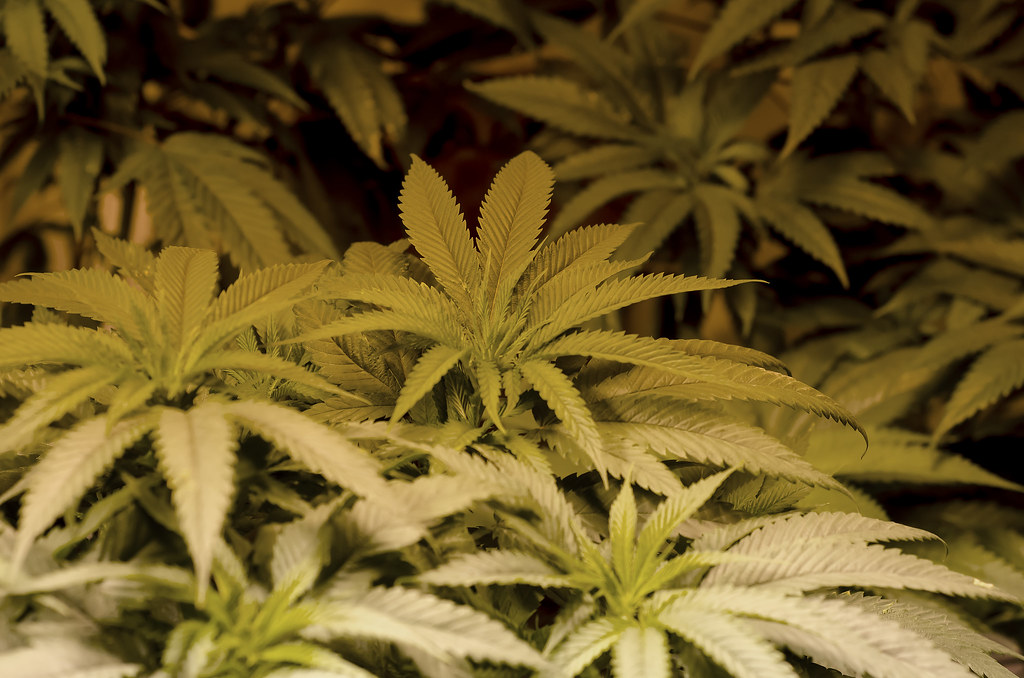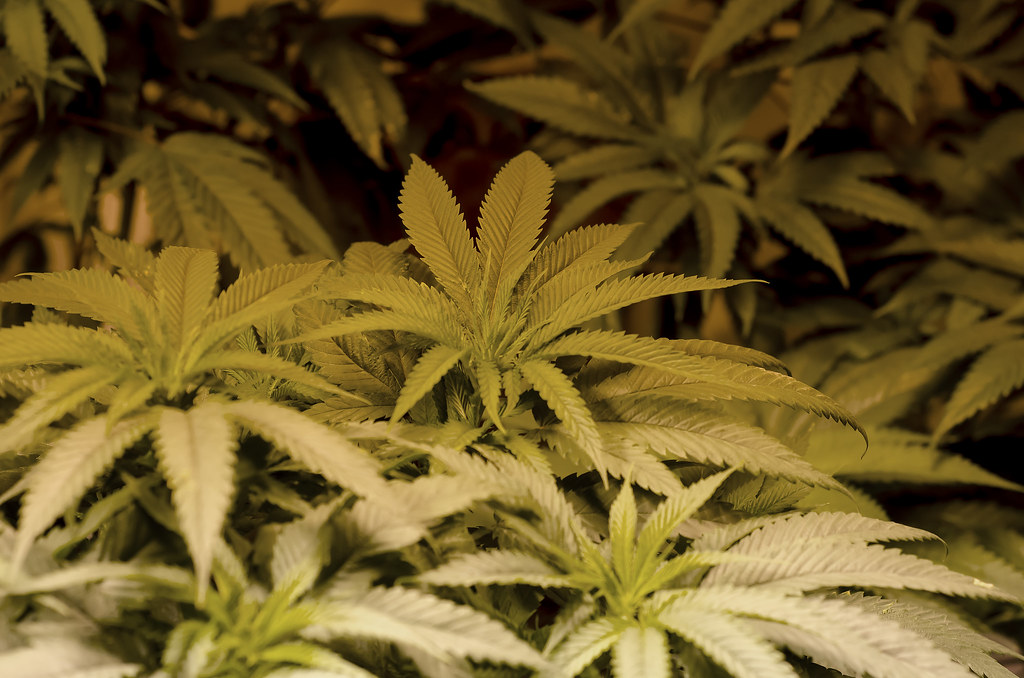Prosecutors Announce New Marijuana Policy in Illinois, Maryland, and Missouri
In St. Louis, Chicago, and Baltimore, prosecutors have announced a policy of not prosecuting marijuana possession or have launched a new expungement program.
Daniel Nichanian | February 7, 2019


This article originally appeared on The Appeal, which hosted The Political Report project.
In 2017 and 2018, the chief prosecutors of Philadelphia, Manhattan, and Houston, among those of other jurisdictions, announced that they would adopt more lenient policies toward marijuana. Then, in November, marijuana and the vast inequalities involved in its prohibition were a major issue in local elections. So far in 2019, at least three prosecutors have announced new policies:
Cook County, Illinois: State’s Attorney Kim Foxx announced a shift to treating drug possession writ large (beyond marijuana cases) as a public health matter, with a default of no incarceration. “Incarceration is not treatment, and the Cook County State’s Attorney’s office will no longer address the public health crisis of drug addiction in our criminal justice system,” she said in a Jan. 24 speech. “Diversion will be the presumption in drug possession cases.” In the same speech, Foxx launched a program to “pursue the expungement of all misdemeanor marijuana convictions.” What this means according to the Chicago Citizen is that people will be able to apply for expungement with her office’s assistance without paying an expungement fee, instead of going through the existing process that requires a payment. “Failing to take action that provides relief to those who already have a marijuana conviction is not justice,” she said. Illinois lawmakers are mulling legalizing marijuana, and advocates are pushing for such legislation to contain an automatic expungement process.
Baltimore City, Maryland: Marilyn Mosby, the Baltimore state’s attorney, announced on Jan. 29 that her office would no longer prosecute marijuana possession no matter the quantity. She also said that she would act to vacate thousands of old convictions. In a 14-page white paper, her office laid out her rationale, detailing the “crisis of disparate treatment of Black people for marijuana possession and other offenses without any seeming regard for the possible adverse public health effects resulting from such enforcement.” Interim police commissioner Gary Tuggle said he will still arrest people. “If you are arrested for having and being in possession of a marijuana you will then be released without charges,” Mosby told NPR in response.
St. Louis County, Missouri: St. Louis County’s new prosecutor, Wesley Bell, issued a policy of no longer prosecuting the possession of under 100 grams of marijuana; he will still prosecute larger quantities if he is also accusing a defendant of an intent to sell. Bell’s decision echoes that announced in June by Kim Gardner, the chief prosecutor of the city of St. Louis.
One outstanding question is the persistence of modes of enforcement besides prosecution. In these Missouri jurisdictions, municipal officials can still issue citations that remain on one’s record and result in fines; this has limited the impact of local steps toward decriminalization in the past. When St. Louis made the possession of less than 35 grams of marijuana into an offense for which the police should issue citations in 2014, this has made no dent in the racial disparities in police enforcement. According to the Riverfont Times, 85 percent of people who were either arrested or issued a citation in the ensuing years were Black. This mirrors Baltimore’s past dynamics. In 2014, Maryland as a whole decriminalized the act of possessing under 10 grams of marijuana. But Black residents received 94 percent of the marijuana citations subsequently issued by the Baltimore Police Department between 2015 and 2017, according to the white paper from Mosby’s office; that is virtually identical to the share of people charged with misdemeanor marijuana possession in Baltimore during that period who were Black (96 percent).
Scott Hechinger, senior staff attorney and director of policy at Brooklyn Defender Services, warned more broadly that, absent legalization, marijuana will remain a pretext for heavy-handed policing. “The larger issue is that as long as marijuana is a crime on the books, it will be used by law enforcement as a justification to hurt people,” he said. “Marijuana is one of the primary justifications that allows law enforcement to approach, stop-and-frisk our clients. The claimed odor of marijuana is what makes already-pretextual car stops into full-blown car searches.”
Another matter for continued scrutiny is the manner in which prosecutors will implement their own stated policies. Raven Rakia reported in The Appeal in November that the Brooklyn district attorney, who had announced he would stop prosecuting most marijuana possession cases, was still prosecuting people caught with vaping marijuana oil.
Hechinger, who works in Brooklyn, said that one issue is the mismatch between rhetoric and practices on the ground, but also that prosecutors often leave “exceptions and carve-outs” in their decline-to-prosecute policies such as the amount possessed, whether the person stopped has a record, and the form of possession. If the reason prosecutors adopt decline-to-prosecute policies is the “known disproportionate law enforcement impact on communities of color,” Hechinger said, then it shouldn’t matter who you are and how much you have” because “these carve-outs tend to replicate pre-existing racial disparities” in the prosecution of marijuana possession. “It’s worth always questioning the rationales behind the carve-outs,” he added.


